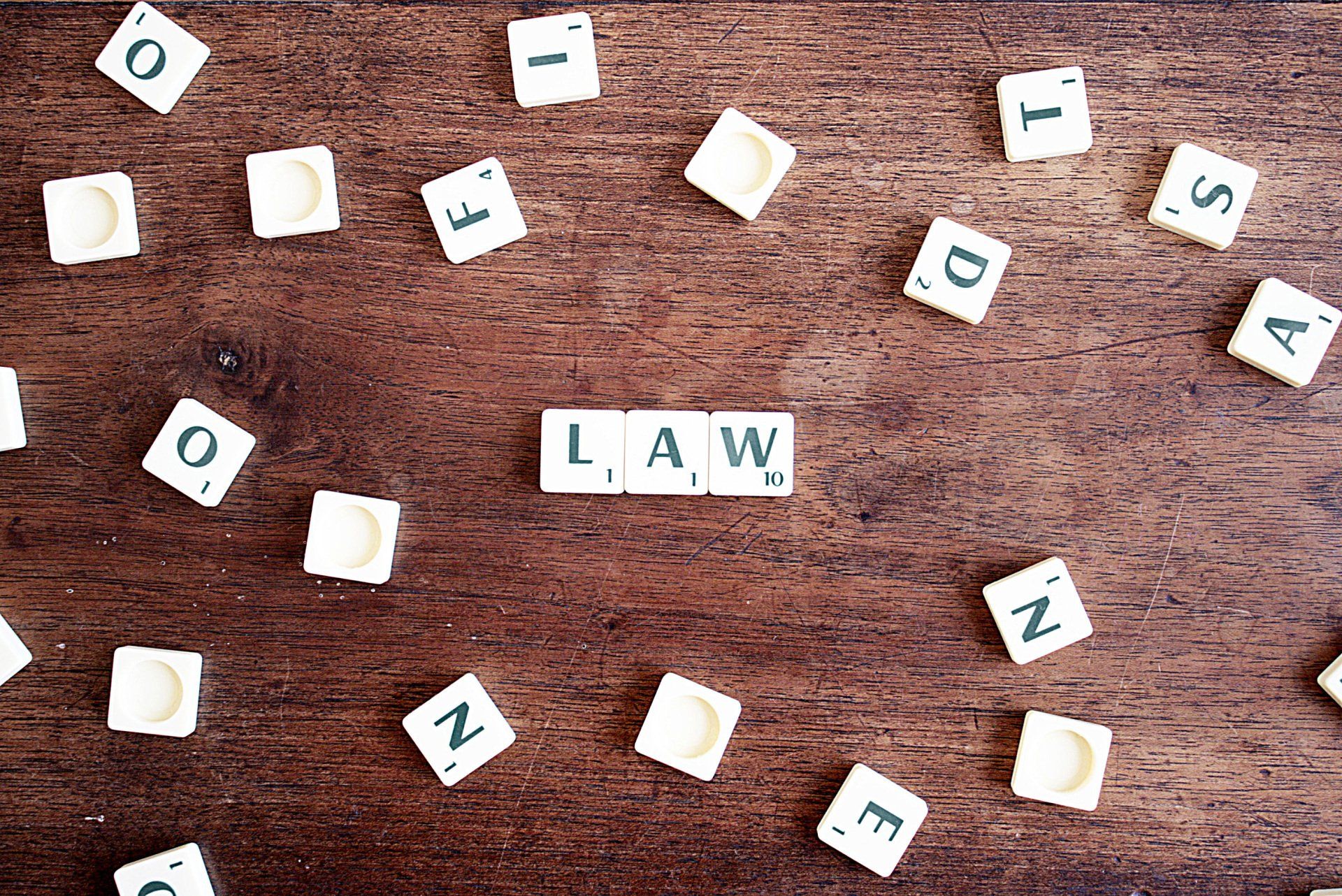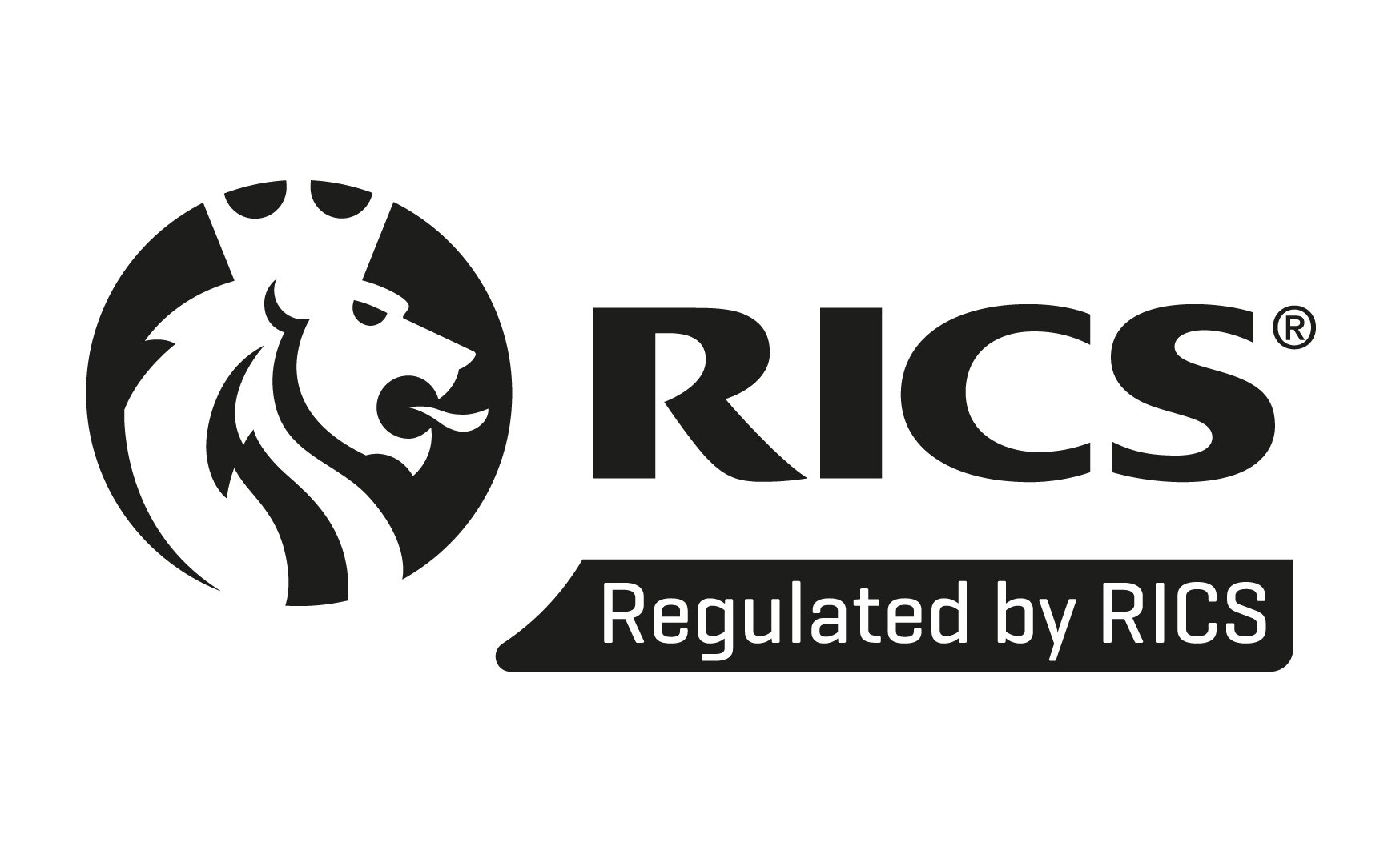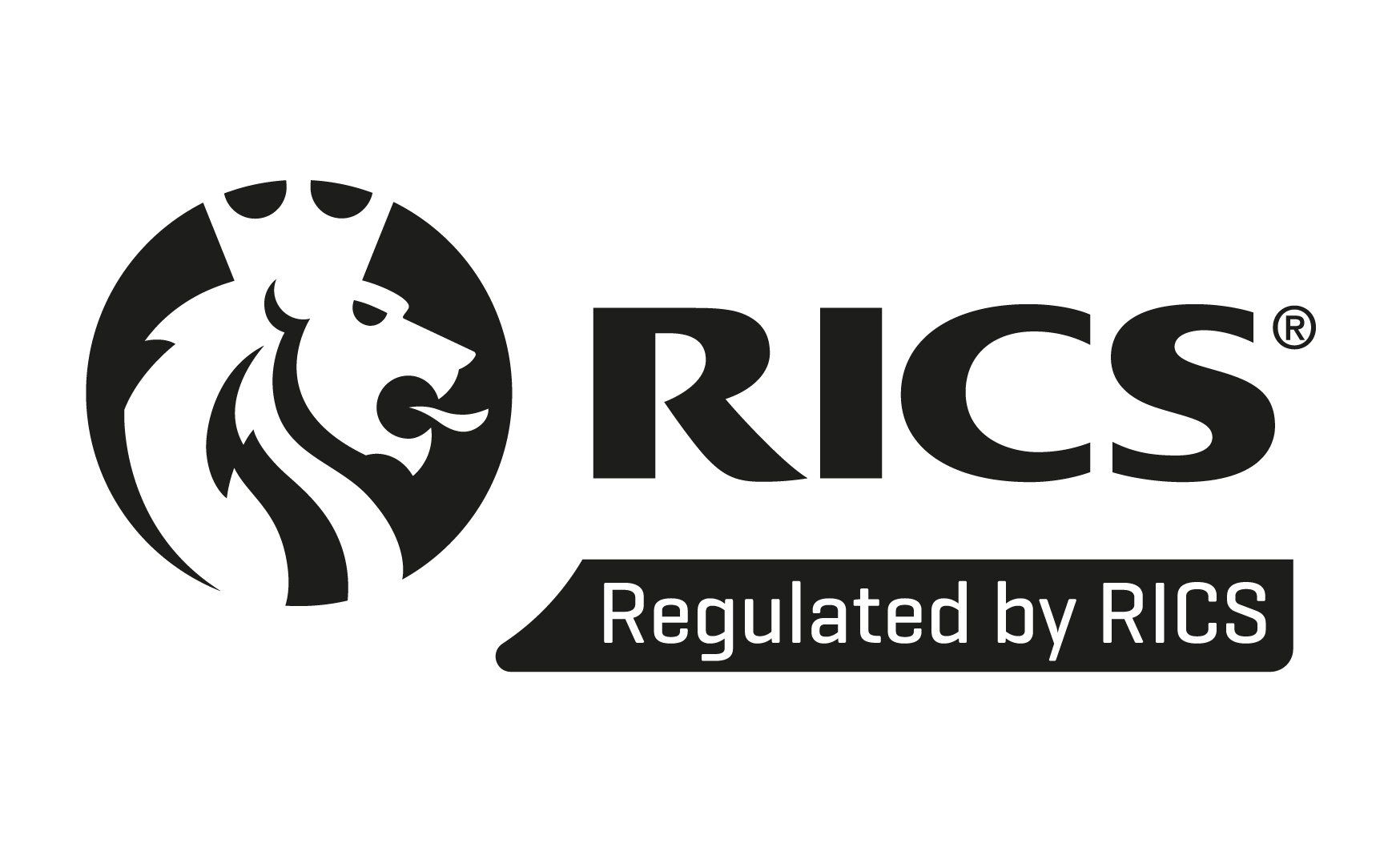Expert Witness Construction
We are RICS Trained Expert Witnesses and work with a number of leading solicitors on a regular basis
We are RICS-trained Expert Witnesses and have provided written and oral evidence in the TCC. We have completed a variety of Expert Witness Reports for several other tribunals.
Recent commissions include:
- An opinion on a claim for £1.5m in the TCC following the escape of water.
- A single joint expert appointment in the Birmingham TCC (County Court) to value works and defects at a domestic property. RICS DRS appointment.
- An opinion on the value associated with the remedial works following issues with two basements in the TCC, Claim value £600k.
- An opinion on the value of the rectification works to a substantial property in the Royal Court of Jersey.
- An opinion on the value of defects, remedial works and final account to a substantial residential property in London.
- An opinion on alterations to a domestic property in the TCC, the judges’ comments on our evidence was positive. https://www.bailii.org/ew/cases/EWHC/TCC/2022/29.html
- An opinion of the value of construction works to a development in Canary Wharf to a Beth Din (A jewish religious tribunal empowered to adjudicate cases under the Arbitration Act 1996).
- Advice only to third party - A review of a repair to a power station in South Asia, the value of the claim was circa 6,000,000,000 JPY (approx. £49m).
- Advice only to third party - A review of a global claim for four high-rise towers in the UAE, the value of the claim was approximately AED 700,000,000,000.
- Advice only to third party - A review of a claim following a fire at a UK power station.
- Advice only to third party - A review of a claim following the discovery of pinhole leaks to thin wall carbon steel pipework to a UK hospital, claim value £55m.
- Housing Disrepair cases and other domestic housing-related matters.
Instructing solicitors and parties have included:
- Balfour Beatty
- Berry Smith LLP
- BLM LLP
- Clyde and Co LLP
- Invicta Law
- Kent County Council
- Kuit Steinart Levy LLP
- Persimmon Homes
- Pinsent Masons LLP
- South East Water
- Zurich Insurance

Specialist knowledge
We can provide opinions on quantum, planning, management (process and delivery) and other technical matters. We have specific specialist knowledge and experience of:
- Retail and Commercial Projects
- Fit-Out
- External Works
- Banking
- Schools, Colleges and Universities
- Leisure Centres
- Social and Private Housing
- Hotels
- Ceilings and Partitions
- Bespoke Developments
- General Construction
- Building
- Mechanical and Electrical Installations
- Employer’s Agent
- Contract Administration
- Quantity Surveying
How Can a Construction Expert Witness Help Me?
If a case has been brought to court, using a construction expert witness, like us, should lead to a fair resolution. We are used to presenting diverse cases in a court setting, and are able to make others understand what has been undertaken. Our RICS trained Experts will always offer professional, independent unbiased advice.
In appointing a construction expert witness at the outset of any dispute, you will be made fully aware of any issues that there are. This will allow you to know the strengths and weaknesses of your claim, - it could even lead to an early settlement, saving you hassle, time and money.
Expert Witnesses in Construction and Building
Expert witnesses have an important role within the justice system. It is essential that they can fulfill their roles and responsibilities as experts. To do this, experts need an understanding of the litigation process and must be aware of the legislation, regulations and guidance applicable to their expert witness work.
An expert witness in construction is a qualified professional who provides detailed and independent evidence to a construction dispute. This deep, technical knowledge provides professional opinions that can be used in different legal forums. Experts may give evidence in courts or tribunal, at arbitrations or adjudications or at inquiries or in other legal forums.
Construction Experts can usually be categorised in four main areas:
- Technical or scientific experts
- Legal experts
- Delay experts
- Valuation or quantum experts
A construction expert witness is often “retained” by a lawyer representing a party to the dispute. They will usually provide a detailed and qualified report stating their opinions on response to the issues.
Construction disputes can be incredibly complex. When there are complicated arguments on both sides, tribunals, parties and courts often look to independent expert witnesses to provide an opinion on the facts of the case.
If a dispute arises on your project, you may find you need to work with an expert. Whether acting as an expert advisor, party or tribunal or court appointed (Part 35 or Part 33), or single joint expert (SJE), understanding how experts work can help you get the very best from them.
Whether or not expert evidence is admissible turns on a number of other factors, which are considered in detail below.
Whether or not expert evidence is admissible turns on a number of other factors, which are considered in detail below.
CPR r. 35.2(1) states an expert is:
“… a person who has been instructed to give or prepare expert evidence for the purpose of
proceedings.”
This is the key to determining whether the expert has been instructed as the “Part 35 expert” or in
another capacity.
The identical definition is used in criminal proceedings save that the last part reads, “for the purpose of criminal proceedings, including evidence required to determine fitness to plead or for the purpose of sentencing”: CrPR r. 33.1.
Generally, lay people cannot give evidence of opinion in a court or tribunal. Only witnesses who have specialist knowledge, qualifications and/or experience in a particular field are permitted to give opinion evidence about facts and matters within their field of expertise. Expert witnesses need to establish their qualifications/experience as adequate to give the opinion evidence they have. It is for the court to decide who is an expert, based on the witnesses’ qualifications or experience. Expert evidence may include:-
- Expert opinion on factual matters before the court
- Expert evidence to explain technical subjects or the meaning of technical words
- Evidence of fact where the observation, comprehension and description of such facts requires expertise.
An expert witness can helps parties to negotiate a settlement by providing expert opinion on the dispute. These disputes, or claims, can arise due to incomplete, non-compliant or defective construction work or as is often the case the quantum or a delay.
Experts can be instructed to undertake a range of roles and for different purposes. They must be clear at the time that they are instructed as to the capacity they are instructed in and what they are being asked to do. They may be instructed in the role of:
- Advisory expert
- The own part expert witness in litigation (Part 35 expert in Civil proceedings or Part 33 in Criminal Proceedings) instructed by the parties with the permission of the court, to prepare a report and give evidence at court.
- Single joint expert (SJE)
The role of the expert is clearly defined. CPR 35.3 states:
(1) It is the duty of the expert to help the court on matters within their expertise.
(2) This duty overrides any obligation to the person from whom the experts have received instructions or by whom they are paid.
The relevant practice directions (PD35) Para 2 states:
2.1 Expert evidence should be the independent product of the expert uninfluenced by the pressures of litigation.
2.2 Experts should assist the court by providing objective, unbiased opinions on matters within their expertise and should not assume the role of an advocate.
2.3 Experts should consider all material facts, including those which might detract from their opinions.
2.4 Experts should make it clear-
(a) When a question or issue falls outside their expertise; and
(b) When they are not able to reach a definite opinion, for example because they have insufficient
information.
2.5 If, after producing a report, an expert’s view changes on any material matter, such change of view should be communicated to all parties without delay, and when appropriate to the court.
Guidance Paragraphs 9 – 15 state:
9. Experts always owe a duty to exercise reasonable skill and care to those instructing them, and to comply with any relevant professional code. However when they are instructed to give or prepare evidence for civil proceedings they have an overriding duty to help the court on matters within their expertise (CPR 35.3). This duty overrides any obligation to the person instructing or paying them. Experts must not serve the exclusive interest of those who retain them.
10. Experts should be aware of the overriding objective that courts deal with cases justly and that they are under an obligation to assist the court in this respect. This includes dealing with cases
proportionately (keeping the work and costs in proportion to the value and importance of the case to the parties), expeditiously and fairly (CPR 1.1).
11. Experts must provide opinions that are independent, regardless of the pressures of litigation. A useful test of ‘independence’ is that the expert would express the same opinion if given the same instructions by another party. Experts should not take it upon themselves to promote the point of view of the party instructing them or engage in the role of advocates or mediators.
12. Experts should confine their opinions to matters which are material to the disputes and provide opinions only in relation to matters which lie within their expertise. Experts should indicate without delay where particular questions or issues fall outside their expertise.
13. Experts should take into account all material facts before them. Their reports should set out those facts and any literature or material on which they have relied in forming their opinions. They should indicate if an opinion is provisional, or qualified, or where they consider that further information is required or if, for any other reason, they are not satisfied that an opinion can be expressed finally and without qualification.
14. Experts should inform those instructing them without delay of any change in their opinions on any material matter and the reasons for this (see also paragraphs 62-64).
15. Experts should be aware that any failure to comply with the rules or court orders, or any excessive delay for which they are responsible, may result in the parties who instructed them being penalised in costs, or debarred from relying upon the expert evidence.
For the avoidance of doubt, an expert witness is no hired gun.
The Single Joint Expert
The definition of a single joint expert is set out in the Civil Procedure Rules.
CPR 35.2(2)
Single joint expert means an expert instructed to prepare a report for court on behalf of two or more parties (including the claimant) to the proceedings.
CPR 35.7
(1) Where two or more parties wish to submit expert evidence on a particular issue, the court may direct that the evidence on that issue is to be given by a single joint expert.
(2) Where the parties who wish to submit the evidence (‘the relevant parties’) cannot agree who should be the single joint expert, the court may –
(a) select the expert from a list prepared or identified by the relevant parties; or
(b) direct that the expert be selected in such other manner as the court may direct.
Instructions to a single joint expert:
These are set out in CPR 35.8 and state as follows
(1) Where the court gives a direction under rule 35.7 for a single joint expert to be used, any relevant party may give instructions to the expert.
(2) When a party gives instructions to the expert that party must, at the same time, send a copy to the other relevant parties.
(3) The court may give directions about –
(a) the payment of the expert’s fees and expenses; and
(b) any inspection, examination or experiments which the expert wishes to carry out.
(4) The court may, before an expert is instructed –
(a) limit the amount that can be paid by way of fees and expenses to the expert; and
(b) direct that some or all of the relevant parties pay that amount into court.
(5) Unless the court otherwise directs, the relevant parties are jointly and severally liable for the payment of the expert’s fees and expenses.
Practice Direction Para 7 states:
When considering whether to give permission for the parties to rely on expert evidence and whether that evidence should be from a single joint expert the court will take into account all the circumstances in particular, whether:
(a) it is proportionate to have separate experts for each party on a particular issue with reference to –
(i) the amount in dispute;
(ii) the importance to the parties; and
(iii) the complexity of the issue;
(b) the instruction of a single joint expert is likely to assist the parties and the court to resolve the issue more speedily and in a more cost-effective way than separately instructed experts;
(c) expert evidence is to be given on the issue of liability, causation or quantum;
(d) the expert evidence falls within a substantially established area of knowledge which is unlikely to be in dispute or there is likely to be a range of expert opinion;
(e) a party has already instructed an expert on the issue in question and whether or not that was done in compliance with any practice direction or relevant pre-action protocol;
(f) questions put in accordance with rule 35.6 are likely to remove the need for the other party to instruct an expert if one party has already instructed an expert;
(g) questions put to a single joint expert may not conclusively deal with all issues that may require testing prior to trial;
(h) a conference may be required with the legal representatives, experts and other witnesses which may make instruction of a single joint expert impractical; and
(i) a claim to privilege makes the instruction of any expert as a single joint expert inappropriate.
When might a single joint expert be appointed?
While most of the pre action protocols are silent on the matter, the Construction and Engineering Disputes pre action protocol encourages the parties to appoint a SJE if the claimant has not obtained their own party expert evidence before sending the letter of claim. The Personal Injury and Housing Disrepair (surveyor) pre action protocols have a procedure for the parties to agree the identity of an expert who is then instructed by the claimant (i.e. not as a SJE) although the parties are free to agree the joint instruction of such an expert (and often do).
The protocol suggests that SJEs are appropriate where the cases are allocated to the small claims track or to the fast track and during the early stages of a dispute concerning investigations, inspections, plans, photos etc.
We have acted as single joint expert on a number of occasions and are happy to provide CV’s for consideration for most construction or building related matters.



